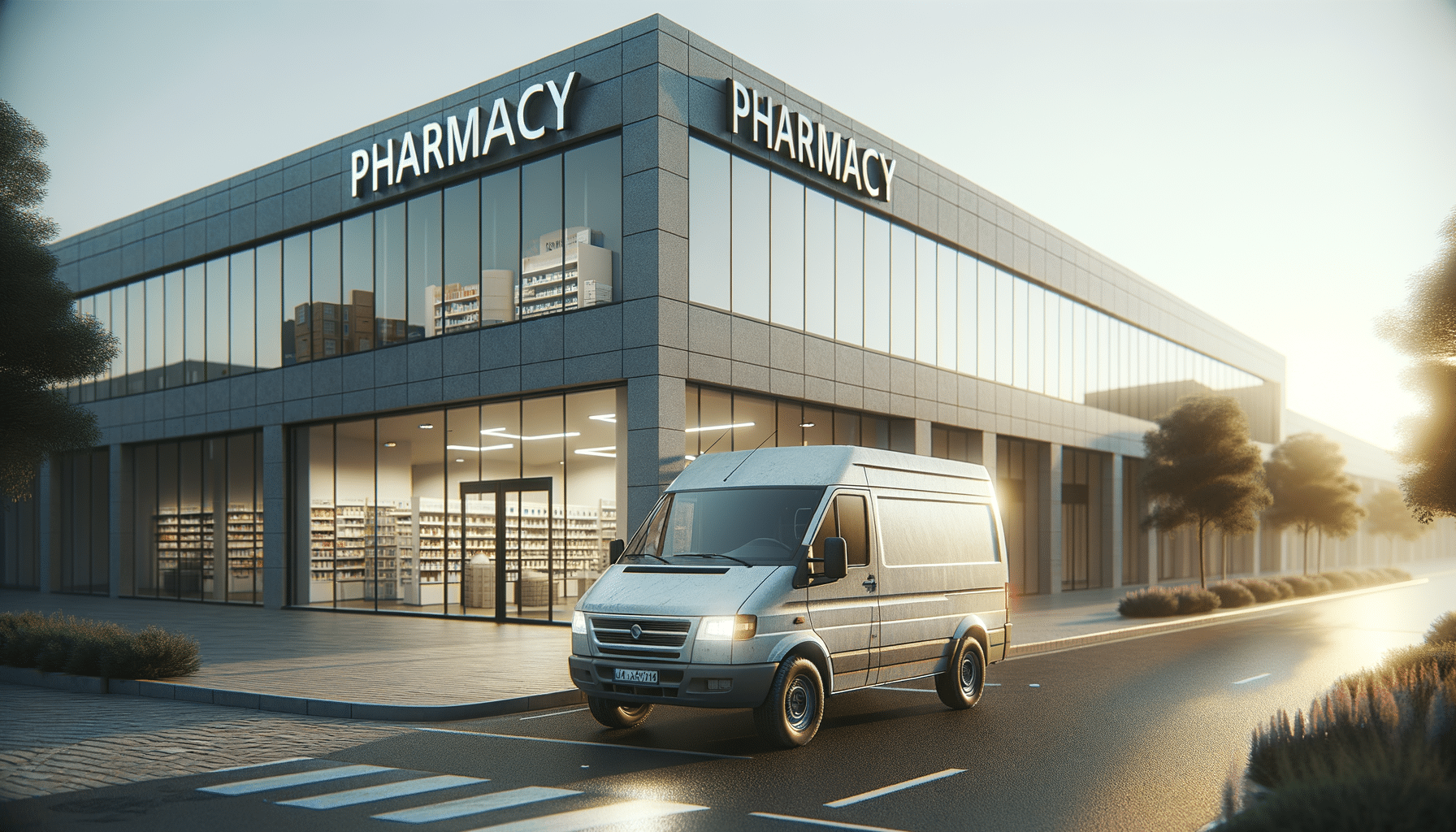
A Guide to Medicine Delivery Drivers
The Role of Medicine Delivery Drivers in Healthcare
Medicine delivery drivers are an integral part of the healthcare system. They serve as the crucial link between pharmacies and patients, ensuring that essential medications reach those in need. In an era where convenience and efficiency are paramount, these drivers provide a service that not only enhances patient satisfaction but also improves health outcomes. By delivering medications directly to a patient’s doorstep, they save time and effort for both the patient and the healthcare provider.
Their responsibilities are not limited to just transportation. Medicine delivery drivers must adhere to strict handling guidelines to maintain the integrity of the medications they transport. This includes temperature control for certain pharmaceuticals and ensuring secure packaging to prevent contamination or damage. Their role requires a high level of responsibility and attention to detail, as they are entrusted with carrying items that are vital to a patient’s health and well-being.
Moreover, the rise of e-pharmacies has increased the demand for medicine delivery drivers, making their role even more significant. As more patients opt for the convenience of online prescription services, the need for reliable and efficient delivery drivers continues to grow. This trend highlights the importance of medicine delivery drivers in the modern healthcare landscape.
Challenges Faced by Medicine Delivery Drivers
Despite the critical role they play, medicine delivery drivers face numerous challenges. One of the primary issues is the need to navigate through complex urban environments while adhering to tight delivery schedules. Traffic congestion, road closures, and inclement weather can all impact their ability to deliver medications on time. This requires not only excellent driving skills but also the ability to adapt quickly to changing circumstances.
Another challenge is ensuring the security and confidentiality of the medications being delivered. Medicine delivery drivers must be vigilant in preventing theft or tampering, as the substances they transport are often valuable and sensitive. This requires strict adherence to protocols and sometimes even involves the use of secure delivery methods and technologies.
Additionally, medicine delivery drivers must possess strong communication skills. They often serve as the direct point of contact between the pharmacy and the patient, requiring them to provide clear and accurate information about the delivery process. This includes coordinating with patients to confirm delivery times and addressing any concerns or questions they may have.
The Impact of Technology on Medicine Delivery
Technology has significantly transformed the role of medicine delivery drivers. With the advent of sophisticated logistics software and GPS tracking, drivers can optimize their routes for efficiency and accuracy. This not only reduces delivery times but also minimizes the risk of errors. Real-time tracking allows both pharmacies and patients to monitor the progress of their deliveries, enhancing transparency and trust.
Moreover, mobile applications have streamlined communication between drivers and recipients. Patients can receive notifications about their delivery status and estimated arrival times, which helps in managing expectations and reducing missed deliveries. For drivers, these technologies provide a platform to update delivery statuses, report issues, and receive instructions from dispatchers.
The integration of technology in medicine delivery also supports the implementation of contactless delivery options, which have become increasingly important in the wake of health crises like the COVID-19 pandemic. By reducing physical contact, these innovations help protect both delivery drivers and patients, ensuring that essential services continue uninterrupted.
Essential Skills for Medicine Delivery Drivers
Being a medicine delivery driver requires a unique set of skills that go beyond basic driving ability. One of the most critical skills is time management. Drivers must efficiently plan their routes and manage their schedules to ensure timely deliveries. This involves balancing multiple deliveries, accounting for variable traffic conditions, and prioritizing urgent deliveries appropriately.
Attention to detail is another essential skill. Drivers must carefully verify delivery details to ensure accuracy and prevent errors, such as delivering the wrong medication to a patient. This requires meticulous checking of labels, addresses, and instructions provided by the pharmacy.
Customer service skills are equally important. Medicine delivery drivers often interact directly with patients, requiring them to be courteous, patient, and helpful. They must handle inquiries and concerns with professionalism, providing reassurance and information as needed. This interaction can significantly influence a patient’s experience and perception of the pharmacy service.
Lastly, a strong sense of responsibility and integrity is crucial. Drivers must handle medications with care, ensuring they are delivered safely and securely. They must also maintain patient confidentiality, adhering to privacy regulations and ethical standards at all times.
Future Trends in Medicine Delivery Services
As the healthcare industry continues to evolve, so too does the role of medicine delivery drivers. One of the emerging trends is the increased use of autonomous vehicles and drones for medication delivery. These technologies have the potential to revolutionize the delivery process by reducing human error and increasing efficiency, especially in rural or hard-to-reach areas.
Another trend is the expansion of personalized delivery services. With advancements in data analytics, pharmacies can offer tailored delivery schedules and preferences based on patient history and behavior. This level of customization enhances the patient experience, providing convenience and reliability.
Furthermore, environmental sustainability is becoming a priority in the logistics industry, including medicine delivery. Efforts to reduce carbon footprints through the use of electric vehicles and optimized delivery routes are gaining traction. These initiatives not only promote environmental responsibility but also align with the growing consumer demand for sustainable practices.
The future of medicine delivery is poised for significant innovation, driven by technological advancements and changing consumer expectations. Medicine delivery drivers will continue to play a pivotal role in this evolving landscape, adapting to new tools and practices to meet the needs of the healthcare industry.


